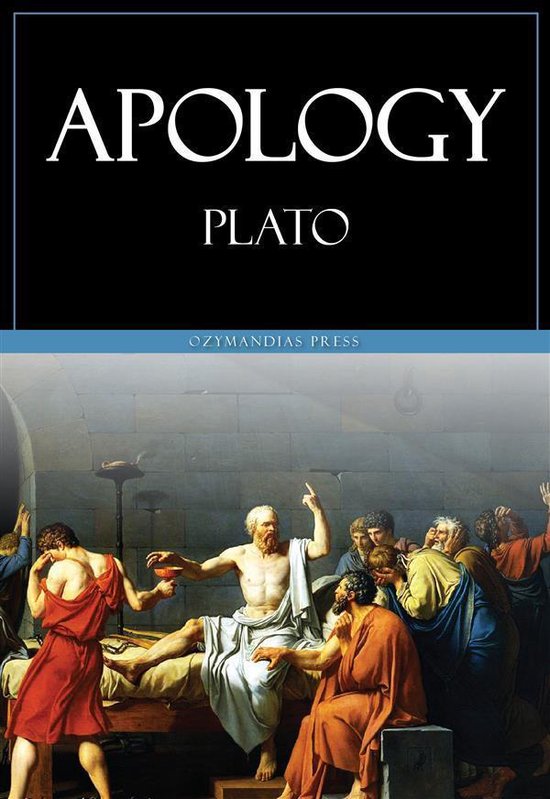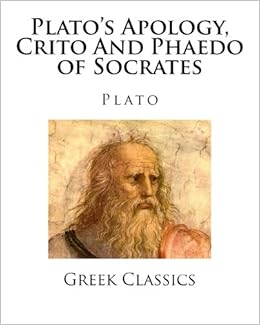

As such, Plato's Apology of Socrates is an early philosophic defence of Socrates, presented in the form of a Socratic dialogue. The Apology of Socrates, by the philosopher Plato (429–347 BC), was one of many explanatory apologia about Socrates's legal defense against accusations of corruption and impiety most apologia were published in the decade after the Trial of Socrates (399 BC).

Marble, Roman artwork (1st century), possibly a copy of a lost bronze statue by Lysippos.

Socrates uses this as an example of his unwillingness to undermine his values.Plato from Raphael's The School of Athens (1509–1511)īust of Socrates. “I might have been put to death for this, had not the government fallen shortly afterwards,” Socrates says, referencing the fact that the Thirty Tyrants were overthrown within the year by Athenian rebels who restored the city’s democratic system. Because his “whole concern is not to do anything unjust or impious,” though, Socrates refused to capture the general, instead going home while the other four Athenians carried out the task. In his apologia, Socrates references the Thirty, explaining that they “summoned” him and four other Athenians and ordered them to capture a well-known Athenian general and bring him to “the Hall” to be executed. This group became known as “the Thirty” or “the Thirty Tyrants,” quickly gaining notoriety for their violent ways, as they killed 1,500 Athenians during their short nine-month rule. Concerned with justice, beauty, and equality, he influenced many important thinkers by founding the Academy, a philosophy school where Aristotle was a student for twenty years before establishing his own institution when Plato died in 348 or 347 BC.Īfter Sparta defeated Athens in the Peloponnesian War in 404 BC, Spartans overtook the city and installed an oppressive oligarchy made up of thirty men. He ultimately produced a volume of work that has heavily influenced western thought and provided the world with a record not only of his own philosophical thoughts, but also historical documentation of Socrates’s influential years in Athens. Responding to this gross display of injustice, Plato abandoned politics for philosophy. After democracy was restored in 403 BC, Plato again considered politics until Socrates, Plato’s mentor, was accused of impiety and corruption and subsequently put to death in 399 BC. Plato planned a political career until 404 BC, when Athens shifted to an Oligarchy controlled by wealthy men.

Plato’s father Ariston descended from Codrus, the last King of Athens, and his mother Perictione had ties to Solon, one of the creators of the Athenian Constitution.


 0 kommentar(er)
0 kommentar(er)
